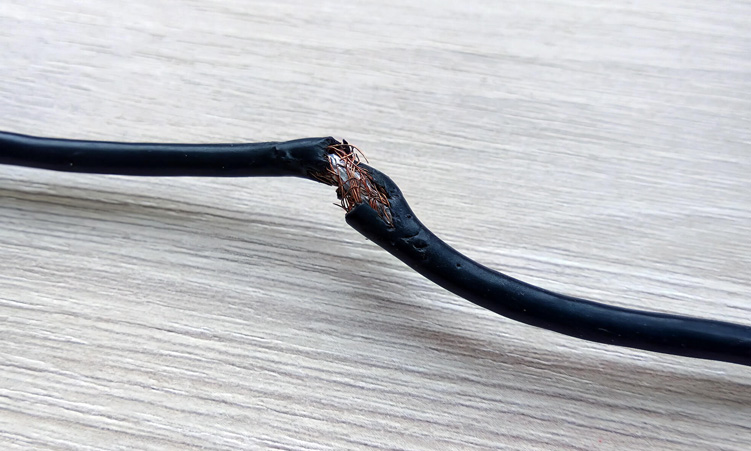BUJUMBURA – Burundi’s government halved customs duties on imports of oil products yesterday, a day after importers warned they would stop supplying the central African country with fuel if local prices were not raised.
“The government has reduced custom duties on imported oil to 10 per cent from 20 per cent to minimise the impact of the oil crisis on consumers, but also to encourage oil companies to import fuel normally,” Trade Minister Donatien Nijimbere said. “On their side, the oil importers have agreed to bring the stocks they were holding at Kigoma and Mombasa ports.”Nijimbere was speaking to reporters after talks with seven oil importing companies, which had said on Monday that supplies were threatened by high international oil prices and a weakening of the local franc against the US dollar.Burundi has increased fuel prices, set by the government, three times already this year, most recently to US$1,26 per litre.Nijimbere said prices would stay at that level for now, but might have to rise again in the coming days if prices on the world market did not fall.Last week, his government rejected a demand by the oil importers that local prices be pegged at US$1,40 per litre.Burundi imports some 3 000 barrels of products a day, mostly gasoline and distillates from refineries in Kenya and Tanzania.Supplies to filling stations returned to normal yesterday in the capital Bujumbura, where long lines of motorists queued over the weekend .Nampa-Reuters”On their side, the oil importers have agreed to bring the stocks they were holding at Kigoma and Mombasa ports.”Nijimbere was speaking to reporters after talks with seven oil importing companies, which had said on Monday that supplies were threatened by high international oil prices and a weakening of the local franc against the US dollar.Burundi has increased fuel prices, set by the government, three times already this year, most recently to US$1,26 per litre.Nijimbere said prices would stay at that level for now, but might have to rise again in the coming days if prices on the world market did not fall.Last week, his government rejected a demand by the oil importers that local prices be pegged at US$1,40 per litre.Burundi imports some 3 000 barrels of products a day, mostly gasoline and distillates from refineries in Kenya and Tanzania.Supplies to filling stations returned to normal yesterday in the capital Bujumbura, where long lines of motorists queued over the weekend .Nampa-Reuters
Stay informed with The Namibian – your source for credible journalism. Get in-depth reporting and opinions for
only N$85 a month. Invest in journalism, invest in democracy –
Subscribe Now!










